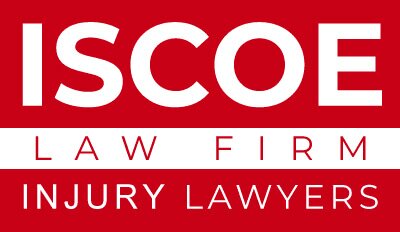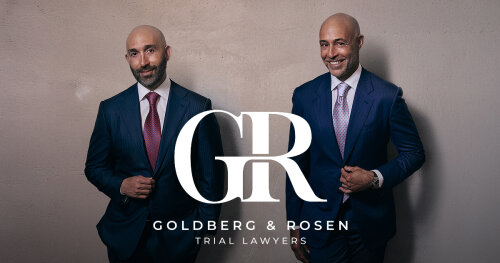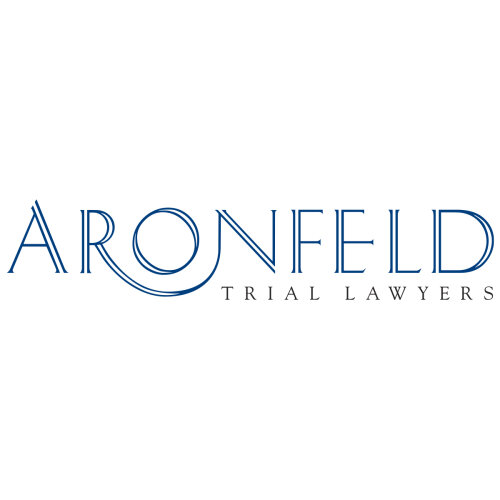Best Lawsuits & Disputes Lawyers in Miami
Share your needs with us, get contacted by law firms.
Free. Takes 2 min.
List of the best lawyers in Miami, United States
About Lawsuits & Disputes Law in Miami, United States
The realm of Lawsuits & Disputes Law in Miami, United States, encompasses both civil and commercial litigation. This field involves legal issues that arise in personal disputes, small claims, big corporate disagreements, real estate conflicts, and the like. Most of these disputes are settled in court, with a judge or jury making the final decisions. It's important to note that the laws in this area can be intricate and multifaceted, requiring expertise or specialist legal advice.
Why You May Need a Lawyer
Individuals or businesses might need a lawyer for various reasons. If you're involved in a private dispute - such as a disagreement with a neighbor over property boundaries, a professional for breach of contract, an unhappy customer, or a substantial issue with a service provider - you might require legal representation. Businesses often require lawyers for disputes with contractors, partnerships, commercial leases, or compliance issues. A lawyer can help protect your rights, interpret complicated legal codes, and provide you with advice on the best course of action.
Local Laws Overview
In Miami, a variety of state and local laws impact lawsuits and disputes. For example, the Florida Civil Practice and Procedure outlines rules for the civil litigation process, such as time limits for filing cases (statute of limitations), rules of evidence, and procedures for civil suits. Also, specific Miami-Dade County ordinances may apply to certain types of disputes. Laws also cover areas like contract law, real estate disputes, tort law, and business law. Hence, understanding the local legal landscape can significantly impact the outcome of a dispute.
Frequently Asked Questions
How long do I have to file a lawsuit in Miami?
This highly depends on the type of dispute. For breach of a written contract, Florida's statute of limitations is generally five years, while for personal injury claims, it is four years. However, in some scenarios, these time limits can vary.
What is small claims court?
Small claims court is for cases involving disputes over small amounts of money, generally $5,000 or less in Florida. These courts have simplified procedures, allowing individuals to represent themselves, although they may choose to hire a lawyer.
Should I settle or go to court?
This depends on your specific circumstances. It's best to consult with a lawyer who can provide advice based on your situation, potential costs, risks, and benefits of each.
Can I represent myself in court?
Yes, it's possible to represent yourself in court, known as "pro se". However, it's usually not recommended due to complexities of the law and the potential consequences of not knowing legal procedures and rules.
What do I do if I'm served with a lawsuit?
If you're served with a lawsuit, it's crucial not to ignore it. The best first step is to contact a lawyer immediately. They can help navigate the legal process and ensure your rights are protected.
Additional Resources
For additional legal help, consider the following resources:
- Florida Bar Association’s Lawyer Referral Service
- Miami-Dade County Clerk of Courts
- Miami-Dade Legal Aid Society
- Florida State Courts Self-Help program
Next Steps
If you need legal assistance in a dispute, consider consulting with a lawyer in Miami who specializes in these types of cases. They can provide you with guidance on how to proceed, evaluate your situation, and develop an appropriate strategy for your case. For minor disputes, you could consider using mediation or arbitration services to resolve the situation outside of court. Remember, it’s vital to act promptly to protect your rights and get the best possible outcome in a dispute.
Lawzana helps you find the best lawyers and law firms in Miami through a curated and pre-screened list of qualified legal professionals. Our platform offers rankings and detailed profiles of attorneys and law firms, allowing you to compare based on practice areas, including Lawsuits & Disputes, experience, and client feedback.
Each profile includes a description of the firm's areas of practice, client reviews, team members and partners, year of establishment, spoken languages, office locations, contact information, social media presence, and any published articles or resources. Most firms on our platform speak English and are experienced in both local and international legal matters.
Get a quote from top-rated law firms in Miami, United States — quickly, securely, and without unnecessary hassle.
Disclaimer:
The information provided on this page is for general informational purposes only and does not constitute legal advice. While we strive to ensure the accuracy and relevance of the content, legal information may change over time, and interpretations of the law can vary. You should always consult with a qualified legal professional for advice specific to your situation.
We disclaim all liability for actions taken or not taken based on the content of this page. If you believe any information is incorrect or outdated, please contact us, and we will review and update it where appropriate.
Browse lawsuits & disputes law firms by service in Miami, United States
Miami, United States Attorneys in related practice areas.















